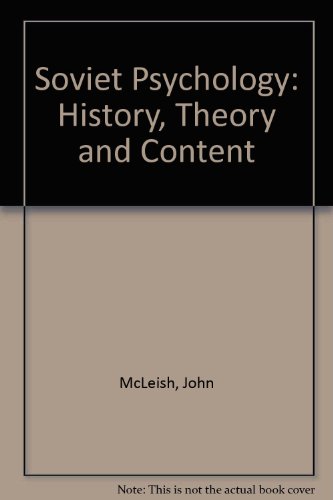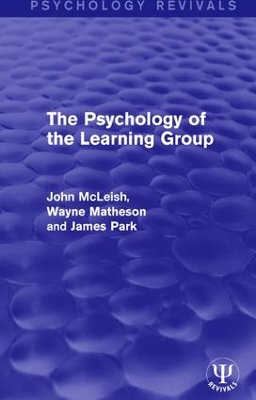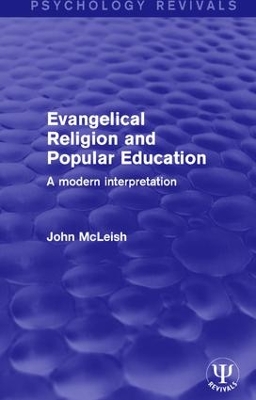Psychology Revivals
3 total works
Originally published in 1975, this title sets out to show us the differences between Soviet and other ways of thinking about nature, man, and society. The basic factor distinguishing Soviet psychology is that it views phenomena from the perspective of a highly articulated body of theoretical assumptions, and rejects the inductive 'eclecticism' of Western psychology.
The theoretical framework within which Soviet psychology functions is the product of a distinctive socio-political and cultural development in Russia profoundly shaped by the institutions of autocracy and Orthodox religion, and the economic system of serfdom, and the radical revolt which grew up in opposition to this and advocated materialism, secularism, and atheism. This radical philosophic tradition in Russia, best represented by the writings of Chernishevski, fused with the doctrines of Marxism and the new science of behaviour developed by Sechenov and Pavlov to create the theoretical framework of Soviet psychology.
The book also analyses the discussions, controversies, and decrees which are at the root of the contemporary science of behaviour in the Soviet Union, and points to the impressive body of empirical knowledge which has arisen.
Soviet Psychology is unique in presenting Soviet psychology from an 'inside' point of view, and in making us appreciate the strongly theoretical stance of Soviet psychology which Professor McLeish claims is unlikely to be much influenced by the new atmosphere of detente.
The Psychology of the Learning Group
by John McLeish, Wayne Matheson, and James Park
Originally published in 1973, this work takes a hard look at the claims made for the small group as a learning medium (lecture, structured discussion, ‘sensitivity’, training groups etc.). Various theories of group dynamics, leadership function and learning process are looked at critically on the basis of actual research findings. It was intended for students of social psychology and anyone teaching or training to teach at Further Education level at the time, and will still be of interest in its historical context today.
Under the influence of the evangelical movement in the 18th and early 19th centuries education, in one form or another, was brought to a vast number of people in England and Wales. Originally published in 1969, it is this phenomenon that forms the subject of Dr McLeish's book.
The two central figures are Griffith Jones and Hannah More and the movements are seen almost entirely through their work. Dr McLeish examines the nature and aims of the schools which were established; their economics and organisation; their progress and achievement; the social background in which they flourished.
In the second part of his book Dr McLeish attempts a bold synthesis. He analyses these data in light of four essentially modern social theories - Marxist dialectics, the functionalist anthropology of Malinowski, Freudian psychoanalysis, and the sociology of Talcott Parsons. The author does not pretend to provide all the answers. What he suggests is a way of looking at history that is open-minded and eclectic and vitalizing in the perspectives which it offers.


